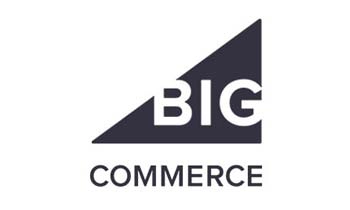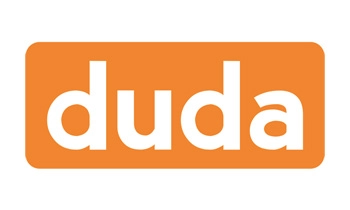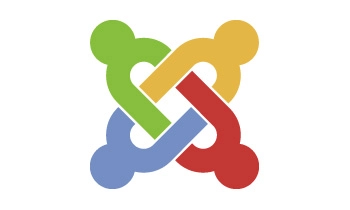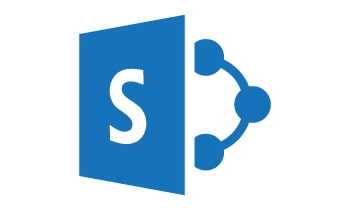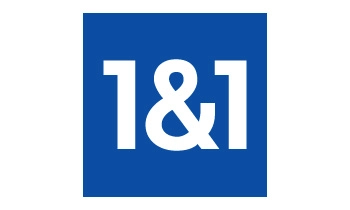What is ADA Compliance and TITLE III | Equalweb Digital accessibility
ADA stands for Americans with Disabilities Act.
The
Americans with Disabilities Act is a civil rights law that prohibits
discrimination against individuals with disabilities in all areas of
public life, including jobs, schools, transportation, and all other
places open to the general public including digital assets such as
websites and applications.
What is ADA compliance?The
ADA is a landmark law that prohibits discrimination against individuals
with disabilities in all areas of public life. The act was passed to
ensure accommodations at work, school, and other places open to the
general public for people living with any type of disability or
impairment as well as those who have long-term illnesses.
The
Americans With Disabilities Act has been an important piece of
legislation since its passage back in 1990. The purpose behind this
civil rights law is quite simple: prohibiting discrimination against
disabled people across every area possible, including jobs schools
transportation, and pretty much anything else you can think about! It
also includes a specific section that addresses website accessibility
requirements. While the website accessibility requirement is only one
small part of the law, it has had a huge impact beyond anything imagined
when the law was first drafted in the 1990s. Website accessibility is
no longer simply about accommodating individuals with disabilities on an
equal playing field
ADA ConclusionsWhen it
comes to living a life that is not limited by disability, the Americans
with Disabilities Act – ADA for short - offers protection from
discrimination in employment and public accommodations. Businesses are
specifically enforced under Title III of the act which covers both their
indoor area as well as all exterior areas used by customers who
frequent them. This includes sidewalks where people may be walking or
standing during business hours; parking lots adjacent to stores;
driveways leading into businesses like banks, gas stations,
supermarkets, and other places providing customer service such
regulations apply.
What does the American Disability Act cover?
Answer: The American Disability Act requires public and private
entities, including businesses to provide accessibility for disabled
people such as goods, services, and any other public accommodation. The
ADA`s general rule is that any individual has the right to obtain and
use a place or service available in one locality an individual without
distinctions him/herself to discrimination on the basis of disability.
Accessible
websites are an excellent example of this. fully accessible sites
designed so that screen reader software can determine exactly what all
content on a page says to a visually disabled person, or coded so that
Braille displays can properly translate text into Braille characters, or
designed with minimal scrolling in mind for low vision users according
to you the guidelines criteria.
Who is considered "Disabled"?The
Americans with Disabilities Act defines disability as a physical or
mental impairment that substantially limits one or more major life
activities. This definition is not exclusive and can include temporary
impairments, such as broken limbs. The ADA also includes “regarded as”
disabilities – those who are discriminated against because of perceived
disabilities even if the person does not have an actual disability. This
blog post explores what constitutes a disability and how to make your
website accessible for disabled users. It describes some common barriers
faced by disabled people looking at websites including blindness,
color-blindness, dyslexia, autism spectrum disorder (ASD), hearing loss,
and motor skill difficulties like tremors from Parkinson`s disease and
other disabilities
Who has to comply with the ADA?The
Americans with Disabilities Act (ADA) is a federal law that provides
broad protections for people living with disabilities. It prohibits
discrimination on the basis of disability in employment, government
programs, services, public accommodations, commercial facilities,
transportation, and telecommunications. Those who are considered liable
under ADA include bars or restaurants; hotels or motels; theaters,
retail stores, supermarkets, parks, zoos, and recreation areas. These
entities must be accessible to persons using wheelchairs when reasonable
modifications can be made to do so without much difficulty. businesses
and organizations have an obligation under the American Disability Act
(ADA) to ensure their websites are accessible too. This post discussing
who is required by law to comply and what steps need to be taken in
order for a website to become ADA compliant.
What are the ADA web accessibility guidelines?The
basic guidelines from the Americans with Disabilities Act (ADA) under
Section 508 stipulates that federal agencies and some public
accommodations must make their electronic and information technology
accessible to people with disabilities. Website accessibility is widely
interpreted to mean that:
- The website must be readable by some type of screen reader software or another assistive-technology device.
- Items on the website should not overlap.
- links should be clear and obvious.
- The site`s layout is not distorted to fit smaller screens.
- Site navigation mechanisms via links, buttons, and headings
Web
accessibility standards are guidelines and legal requirements for
making a website available to individuals with disabilities. It`s
important because it helps website creators to make their content
readable by people who use assistive technologies. The World Wide Web
Consortium(W3C) has provided recommendations for web content
accessibility as well as some guidance on web-based graphics standards
to enable people to have access to rich, multi-media environments.
Today
website accessibly provides immediate business benefits to
organizations and businesses big and small who want to increase their
online presence as well as attract more customers. The challenge for
website owners might surprise you, though.
Equalweb digital accessibility is set to help businesses comply with the Americans with Disabilities Act (ADA). The
ADA compliance
process requires businesses to make their websites accessible for
people of all abilities. It also ensures that screen readers are
available on mobile devices and tablets. With a focus on making design
decisions and incorporating the latest technologies, Equalweb has
created an automated AI tool which allows for seamless integration into
any website. This solution is designed as an easy-to-use platform that
helps organizations and businesses meet government regulations while
providing customers with an excellent user experience.
Schedule your free consulting now


